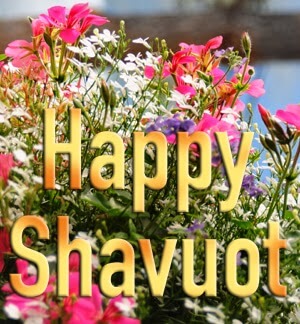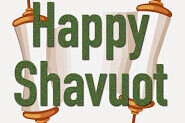When the Oral Law was first codified, most Jews lived in agrarian settings. Today, being less familiar with agrarian culture, some people find it difficult to relate to some of the discussions in the Mishna (Oral Law) regarding planting or livestock. Although we may no longer farm or herd flocks, the importance of responsible land ownership and use is a value that has remained throughout time.
For Jewish farmers in the land of Israel, one of the mitzvot that is part of the cycle of crop production is that of bikkurim, the first fruit offering. The first fruit to blossom on each plant of the seven species of the land of Israel (wheat, barley, grapes, figs, pomegranates, olives, and dates) is marked (with a string) to be set aside for an offering at the Temple. One might assume that this mitzvah would apply to all farmers, but, in fact, the rabbis understood the pronouns in this commandment to be very specific: “You shall take of the first of all the fruit of the ground, which you shall bring in from your land” (Deuteronomy 26:2).
The Mishna (Bikkurim 1:2) states that “tenants, lessees, or occupiers of confiscated property–or a robber–may not bring them…because it says, ‘the first-fruits of your land.’” As significant as the first fruits are, the relationship of the farmer to the land upon which the plant grows is also important.
But ownership of the land is not the only criteria. “These may not bring them [bikkurim]: He who plants on his own soil, but sinks [a shoot] so that [it] nourishes from the territory belonging to an individual or to the public…[or similarly]…so that it grows on his own property”(Bikkurim1:1). In other words, this mitzvah can only be performed by one who makes certain not to infringe o the property rights of others or the public.
This Treat was last posted on September 14, 2011.

Copyright © 2014 NJOP. All rights reserved.
If you like what you’ve read here, signup to get notifications about new treats.
Related Posts
Whose First Fruits
When the Oral Law was first codified, most Jews lived in agrarian settings. Today,…
0 Comments2 Minutes
Whose First Fruits?
When the Oral Law was first codified, most Jews lived in agrarian settings. Today,…
0 Comments2 Minutes
Whose First Fruits
When the Oral Law was first codified, most Jews lived in agrarian settings. Today,…
0 Comments2 Minutes
 Print This Page
Print This Page
